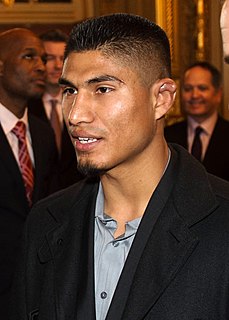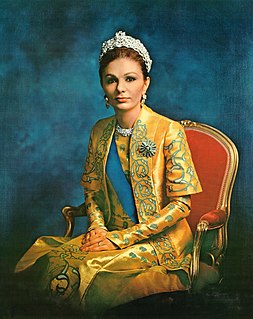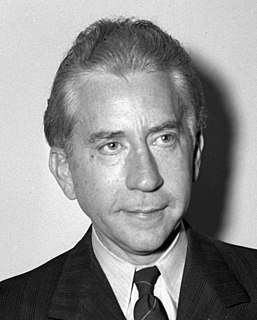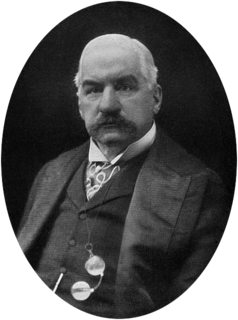A Quote by Mikey Garcia
If I did a multiple-fight deal, I could probably get more money but it's not always about the money.
Related Quotes
To walk in money through the night crowd, protected by money, lulled by money, dulled by money, the crowd itself a money, the breath money, no least single object anywhere that is not money. Money, money everywhere and still not enough! And then no money, or a little money, or less money, or more money but money always money. and if you have money, or you don't have money, it is the money that counts, and money makes money, but what makes money make money?
The difference is that the money I make from Reebok is per fight, meaning I have to fight to get that money. If I don't fight, there is no money. It's not based on me being a good spokesman or one of the faces of their company. It's a per fight thing. It's a very different thing. It's more like a fight bonus than a sponsorship.
Money is a great isolator. In fact, we don't even need to have money or make money, we only need to be perceived as having money to be isolated in the strangest ways from most of the community around us. It reaches the point where a person with money spends a great deal of time reacting to people who are reacting to the money.
The more important point, however, is not about what the money does. It's about what has to be done to get the money. The effect of the money might be (democratically) benign. But what is done to secure that money is not necessarily benign. To miss this point is to betray the Robin Hood fallacy: the fact that the loot was distributed justly doesn't excuse the means taken to secure it.


































